 Successful Businesswoman, Loving Wife, and Caring Mother. The Interview with Eman Abaza, founder and CEO of Kroo TV (UAE).
Successful Businesswoman, Loving Wife, and Caring Mother. The Interview with Eman Abaza, founder and CEO of Kroo TV (UAE).
A Mosaic Heritage: Family and Early Years
Eman Abaza shares her unique cultural roots and upbringing in Jordan, blending her Greek, Lebanese, and Abkhazian heritage into her identity.
– Could you share when and where you were born and your parents’ occupations?
I was born in Jordan. My father is Circassian (Abkhazian), and my mom is half Greek and half Lebanese. So basically, I come from a mosaic family — let’s say I’m really mixed. I am the eldest of my siblings, I have one brother and one sister.
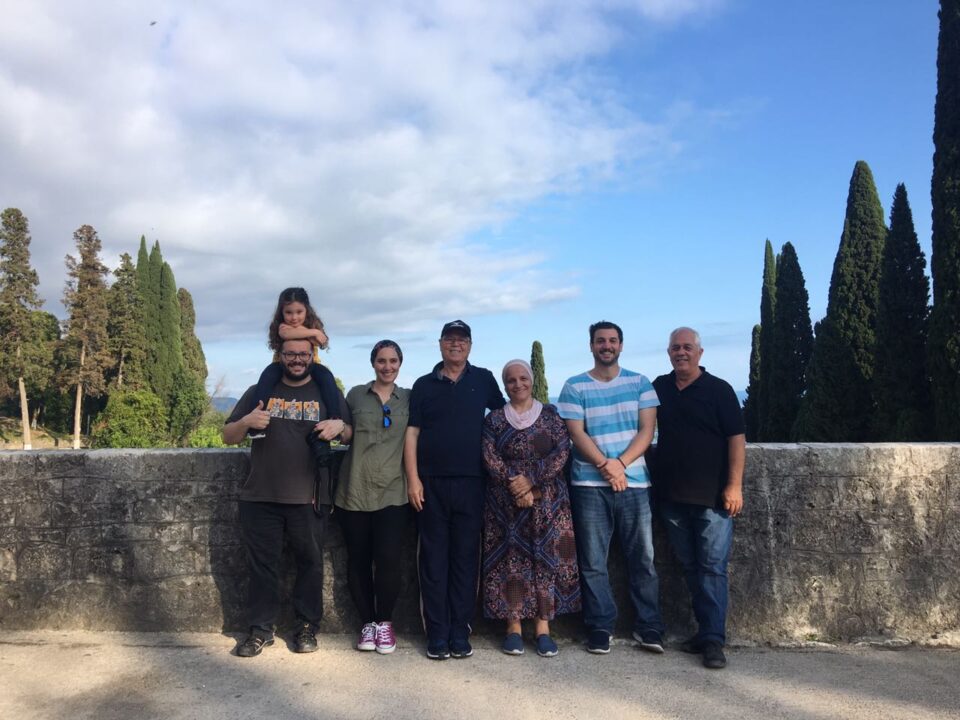
– What were your parents’ professions, and how have they influenced your journey?
My father is a famous actor in Jordan. He started his journey in theater during university, then transitioned to TV and movies in the region. He’s a well-known, established actor now with a significant legacy in the theater industry.
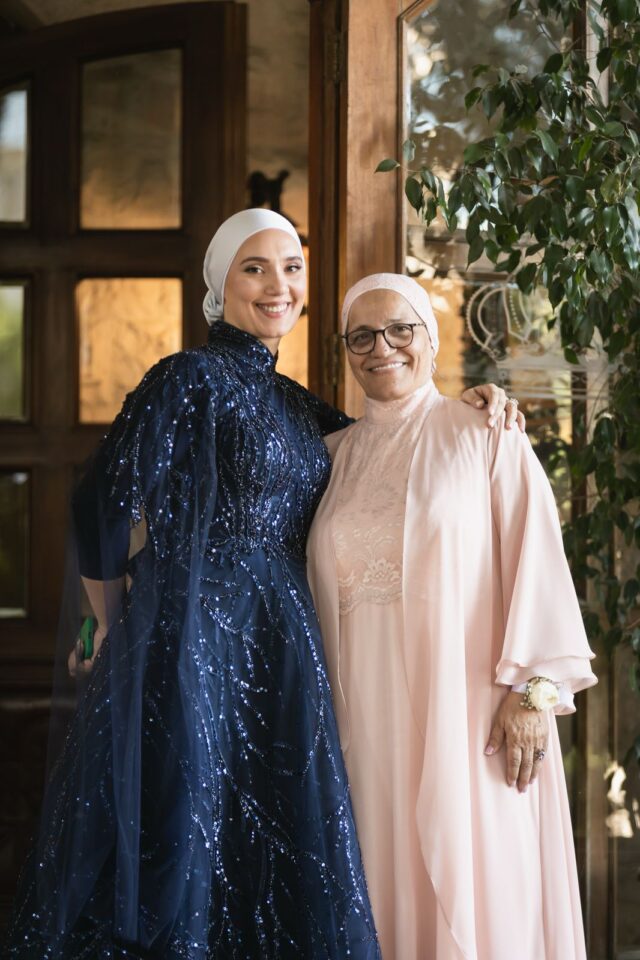 My mom works in healthcare. She obtained her bachelor’s degree in nursing and then started her career. Then she did two master’s degrees, one in children’s development and special needs and the other in hospital management. She retired as the chief of quality and nursing at the best cancer center in the region, here in Jordan.
My mom works in healthcare. She obtained her bachelor’s degree in nursing and then started her career. Then she did two master’s degrees, one in children’s development and special needs and the other in hospital management. She retired as the chief of quality and nursing at the best cancer center in the region, here in Jordan.
Now, she’s still active as the CEO of a charity organization for palliative care.
– How did your family background and educational journey influence your career choices?
My father is into art, TV productions, and theatre, while my mom is in healthcare. Coming from such a mixed family has contributed a lot to my personality and shaped who I am today. I feel I benefit equally from both sides—my mom’s practical side and my dad’s artistic side. I finished high school and university in Jordan. I initially wanted to study physical education because I’ve loved it since school—I wanted to be an athlete.
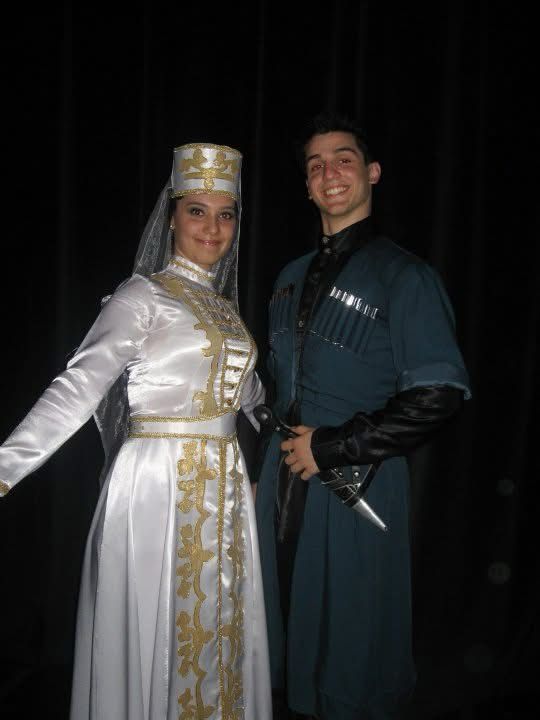 But I obtained a relatively high grade in my high school exams, so my parents said, “Why would you choose physical education? You can do that anytime. You should pursue pharmacy, engineering, or something similar.” I chose industrial engineering, which was quite popular at the time in our region. I don’t regret studying engineering, although I wasn’t fully interested in it until my second year. Then, I found it fascinating, especially learning how to analyze and reverse-engineer things, solve problems, and improve processes. It wasn’t just about work—it also influenced my lifestyle.
But I obtained a relatively high grade in my high school exams, so my parents said, “Why would you choose physical education? You can do that anytime. You should pursue pharmacy, engineering, or something similar.” I chose industrial engineering, which was quite popular at the time in our region. I don’t regret studying engineering, although I wasn’t fully interested in it until my second year. Then, I found it fascinating, especially learning how to analyze and reverse-engineer things, solve problems, and improve processes. It wasn’t just about work—it also influenced my lifestyle.
After graduating as an industrial engineer, I got married and moved to the Gulf region.
 – Can you share a few words about your family from Abkhazia? When did they leave the Russian Empire or the Soviet Union?
– Can you share a few words about your family from Abkhazia? When did they leave the Russian Empire or the Soviet Union?
My late grandfather—my father’s grandfather—immigrated from the Caucasus. I can’t recall exactly which year, but it was a long time ago. My grandfather was born in Julan/ Syria. My father was also born there. Later, my grandfather joined what they called the Arab Army, which was present in Jordan, Syria, Palestine, and the surrounding region. He used to be a soldier, and that’s how they eventually moved to Jordan.
“Heritage is more than a background; it’s a guide to who you are and who you can become.”
From then on, the rest of my family settled in Jordan. My uncles and aunts were born in Jordan. Aside from my father, I have four uncles and four aunts, so we are a big family.
 – You’ve mentioned your love for athletics—what kind of sports in particular?
– You’ve mentioned your love for athletics—what kind of sports in particular?
I used to play basketball in school and was part of the national school teams. I also did track and field, so those two were my favorite sports. Sport is a big part of our family culture. We’ve been blessed with good genetics when it comes to endurance and muscle mass, so we’ve always excelled in strength-based competitions. All of us, whether it’s my siblings or cousins, are into sports. Even now, we gather every week to play paddle tennis, badminton, football, or basketball. It’s become a family tradition and a lifestyle, which I’m happy my daughters are now experiencing as well.
– What inspired you to transition from engineering to pursuing your passion for sports and earning diplomas in physical education later in life?
Because of my love for sports, I decided to pursue my dream later in life. Before COVID, I earned two diplomas in physical education—one as a gym instructor and another as a personal trainer. Studying those disciplines gave me the knowledge to help people around me, which I’ve always wanted to do. After finishing my first career in engineering, I decided it was time to follow my passion. Those diplomas added so much value to my life, and I’ve never regretted it. It’s never too late to pursue your dreams, no matter your age.
– Where did you study this?
I studied in the UAE at an academy specializing in physical education. I completed the first part of the program in person, but when COVID started, the second part had to be done online.
 – I believe you have two little daughters. When were they born?
– I believe you have two little daughters. When were they born?
Yes, I do. My oldest daughter was born in 2014, and my younger one in 2018, so they are 10 and 6 years old.
– How were you able to study with all these responsibilities?
I worked and studied at the same time. I believe that anything can be done with proper planning. If you have a pen and paper to organize yourself, you can achieve a lot in 24 hours. Of course, not everything can be planned, but with organizing, it’s amazing what you can accomplish. To be honest, right now I’m running my own business from A to Z, raising two daughters, taking care of my family, and studying at the same time.
My husband is often in Riyadh, so I’m managing all of this on my own. On top of that, I’m currently studying for a diploma in Entrepreneurship and Innovation at the American University of Beirut. God has given us the brain, time, and resources, so I believe we can do so much if we use them wisely.
 – I saw a picture of you winning a medal in a marathon. When was this?
– I saw a picture of you winning a medal in a marathon. When was this?
That was in 2019, one year after I gave birth to my daughter Ritsa. I decided to take on the challenge and started training for the marathon seven months beforehand. In December 2019, I ran a half marathon, which is 21 kilometers, in Abu Dhabi.
From Engineering to Broadcasting: A Career Pivot
Discover how Eman transitioned from industrial engineering to founding her own broadcasting company, leveraging her skills and passion for growth.
– When you graduated from university, what was your first job? How did you find it?
I graduated as an industrial engineer in 2011. The program was supposed to take five years, but I finished it in four and a half because we had to move to Abu Dhabi. I took extra courses to graduate early. When we moved to Abu Dhabi, it was a completely new environment. We started our lives from scratch. I spent nine months searching for a job without any luck. During that time, I worked on side projects with Ammar. We’d take footage and edit content for motorsports events. I learned a lot from him during that period.
– What inspired you to transition from engineering to pursuing your passion for sports and earning diplomas in physical education later in life?
Eventually, I got an opportunity to work with one of the biggest construction companies in the UAE, Drake & Scull International. It was a huge opportunity, especially as an entry-level professional. Most companies in the UAE prioritize hiring candidates with experience, so I felt very blessed and lucky to start my career as a supply chain management engineer.
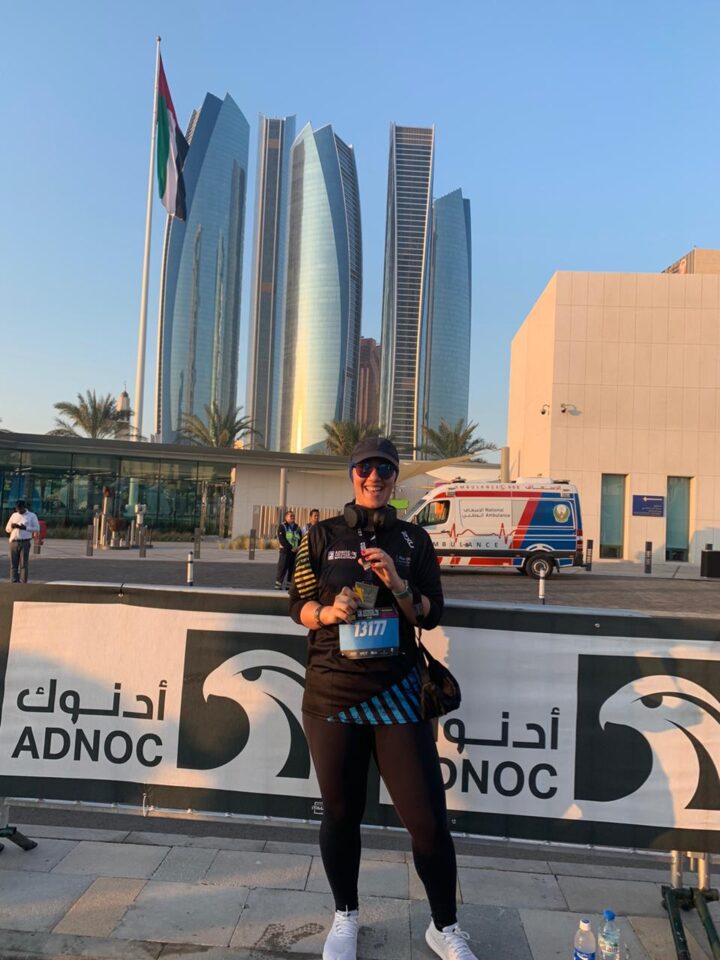 Then I worked hard to establish myself. I had to learn and improve continuously, proving myself by applying the knowledge I gained from university. Being fresh out of school, I had all the terminology and techniques but needed practical experience. During that time, I also took three or four additional courses, which helped me grow professionally. As a result, I was promoted to Senior Supply Chain Management Engineer/Quality Engineer. I also became a certified internal auditor for quality, which added another layer of responsibility.
Then I worked hard to establish myself. I had to learn and improve continuously, proving myself by applying the knowledge I gained from university. Being fresh out of school, I had all the terminology and techniques but needed practical experience. During that time, I also took three or four additional courses, which helped me grow professionally. As a result, I was promoted to Senior Supply Chain Management Engineer/Quality Engineer. I also became a certified internal auditor for quality, which added another layer of responsibility.
 – What were your key responsibilities in your role, and how did the experience of the Abu Dhabi branch shutdown shape your perspective on your career journey?
– What were your key responsibilities in your role, and how did the experience of the Abu Dhabi branch shutdown shape your perspective on your career journey?
In my role, I was responsible for overseeing all policies and procedures within the company, as well as managing supplier relationships, from pre-qualification to allocation and evaluation. I even established a new department inside the company to streamline these processes. After five years, however, the company faced internal issues, and the Abu Dhabi branch was shut down. Everyone was laid off, including me. At the time, it felt like a major setback. But now, when I look back, I see it as a blessing. I learned so much during those five years and built a strong network of friends and colleagues.
– How did leaving your job impact your work-life balance, and how did it influence your decision to pursue your passion for physical education and freelancing?
That period also allowed me to spend quality time with my family, especially my daughter. Before, I used to feel guilty working long hours—from 8 AM to 6 PM—with only one day off a week. Balancing work and motherhood was hectic. I was constantly juggling responsibilities. When I was at work, I felt guilty for not being home; when I was home, I was too tired to give my best. So, when I had to leave my job, I believe it was God’s way of telling me to focus on my family and to slow down. It turned out to be a lovely time. I spent time with my Seepsa, and soon after, we had Ritsa. That phase also gave me time to reflect on what I wanted for myself. I decided to pursue my passion for physical education, which was an amazing experience. I started freelancing, taking on a few clients, and it was rewarding.
– How did the challenges of the COVID period lead to personal growth, a stronger family bond, and the decision to start your own business?
Then COVID happened, and while it was a challenging time for many, it was also a period of growth and learning for me. It allowed us to bond as a family, create a new lifestyle, and refocus on priorities. I used that time to eliminate unnecessary things in my life and rediscover what truly mattered. So, it was useful for us. After that, I started thinking more seriously about starting a business. As I mentioned earlier, I learned a lot from Ammar (Ammar Hina is her husband) through spending so much time with him. I became familiar with most of the terminology and common issues in the region. I was introduced to many key players in the market, and we built strong relationships with them.
Founding Kroo TV: A Vision for Media Excellence
Learn about the inspiration behind Crew TV, a UAE-based company connecting top broadcasting freelancers with high-profile clients.
– What inspired you to take the leap into entrepreneurship and start your own company, especially in a field where you initially had limited experience?
That’s when I thought, why not take it to the next level? I wanted to help people get hired while using my managerial skills. I decided to open my own company, hire talented individuals, and manage them. It’s been a learning journey. I admit I didn’t know everything about media and broadcasting at the start, but I believed in my ability to learn. You have a brain—you can learn. So, I took the initiative and registered the company. From that moment, things started to improve, little by little, day by day.
 – What was your first project at this new company?
– What was your first project at this new company?
I still remember our first project—I was so nervous. It was with a huge client, one of the biggest in the market. It was a football match, part of the preparation for the World Cup. It was a massive responsibility. I had to provide the entire technical crew for the match. I remember creating so many charts just to organize the 12 to 14 crew members. It was overwhelming—managing flights, accommodation, and ensuring everyone was in the right place at the right time. But once the project was done, I felt so accomplished. I thought, “I can do this. This is something I enjoy.”
– How did you immerse yourself in the industry to drive your company’s growth, and how are you preparing your daughters, especially your eldest, to carry forward your legacy in media and broadcasting?
Afterward, I committed to learning more about the industry. I started reading magazines, attending conferences, and staying actively involved. You must be present and make connections. Since then, the company has seen steady growth. It’s small but effective, and I’m happy with the progress we’re making. This company is something I hope to pass on to my daughters, especially my eldest. She’s very passionate about media, cameras, editing, and post-production. I’m already preparing for her. You should see her school project edits—people always ask, “Who helped you?” But no one helps her; she has a natural talent for it. It’s genetics, I’m telling you.
 – How do you inspire your daughter to follow her passions, and how have your own experiences shaped your perspective on guiding her future?
– How do you inspire your daughter to follow her passions, and how have your own experiences shaped your perspective on guiding her future?
I tell her, “Mama, this is your legacy. One day, you will take over this company.” I want her to have the mindset to work hard for what she loves. I don’t want her to be a doctor or an engineer unless it’s what she truly wants. I want her to follow her passions because when you love what you do, you excel. You achieve so much more when you’re driven by your interests. Looking back, I understand why my parents guided me the way they did. They didn’t want me to study physical education, even though I think I could’ve done amazing things in that field. But now, I’m grateful for every step I took and every decision they made for me. Those experiences shaped who I am today.
“Transitioning from engineering to broadcasting taught me that adaptability is key to success.”
For my daughter, I want to make the path more convenient, not easier, but structured, so she can pursue her passion. I know she’ll shine in this area. That’s why I shifted my career toward broadcasting and media, and I couldn’t be happier with this journey.
 – What is your niche as a business owner?
– What is your niche as a business owner?
I believe my success lies in understanding the culture of the region. I speak the language and know how to cater to local nuances. At the same time, we provide highly skilled professionals from a pool of freelancers.
Our niche is providing a one-stop shop for freelancers specializing in broadcasting. For example, if a client tells me, “Eman, I need two directors, a producer, cameramen, EVS operators, and floor managers,” I take their list and provide the best people in the market tailored to their requirements. If they need bilingual professionals—say, Spanish and English speakers or Arabic and English speakers—we’ve got them. If they want exclusively European personnel, we can handle that as well.
Our competitive advantage is my ability to sit with clients, understand their language and needs, and translate that into a technical language to find the best people in the market.
 – When was your company founded?
– When was your company founded?
The company was officially established in 2021, so it’s been three years. However, I’ve been doing this unofficially for four and a half years. Initially, I simply recommended people to others. Then, I realized the time and effort it required and thought, why not turn this into a business? That’s when we developed the concept of Kroo TV, structured it into a workflow, and made it an organized, legal entity. Now, I can confidently approach any company, pitch for projects, and deliver value for both freelancers and clients.
After COVID, many people lost their permanent jobs, while others chose not to return to full-time roles. They wanted more freedom and flexibility. Kroo TV bridges this gap by connecting freelancers with the best projects in the market while ensuring clients receive top-tier outcomes.
 – What have been your main achievements since starting this company?
– What have been your main achievements since starting this company?
While I can’t disclose client names, I’m proud to say we’ve built strong relationships with a few major clients who continue to work with us. Having returning clients is a significant achievement—it’s proof that we’re doing something right. We’ve also formed a solid partnership with one of the largest sources of freelancers in Europe. This is a major competitive advantage, especially when clients specifically request European standards or personnel.
Building these relationships is essential for growth. While small projects are helpful, having large clients with multiple projects in the same month is far more beneficial for us. It helps us scale and deliver consistent quality to all parties involved.
 – What does it mean to you to have positioned Kroo TV as a trusted partner for major clients, and how has your commitment to attending industry events like IBC and CABSAT contributed to building your reputation and network?
– What does it mean to you to have positioned Kroo TV as a trusted partner for major clients, and how has your commitment to attending industry events like IBC and CABSAT contributed to building your reputation and network?
And as you mentioned, one of our biggest clients is now a returning customer. We are their number one option for any requests they have. I believe this is my biggest achievement—positioning Kroo TV as a trusted partner for such clients. It wasn’t easy to build this name in just three years. I had to invest a lot, even paying out of my own pocket, to attend conferences and events related to the media and broadcast industry.
“Balancing work, family, and personal growth proves that with planning, anything is achievable.”
For instance, you saw me at IBC—I paid for myself to be there. I always make it a point to attend events like CABSAT, and next year, inshallah, I plan to be at NAB Show. Being physically present at these events is invaluable. It’s faster and more effective than just sending emails. Human interaction, word of mouth, and being visible in the industry are what truly make a difference.
Balancing Career and Family: A Personal Insight
Eman shares how she manages her business, studies, and family life, inspiring others with her effective time management and resilience.
– Is your company currently based in the UAE?
Yes, my company is established in the UAE, and most of our projects are based in the UAE, Qatar, Kuwait, and Riyadh. We operate across the GCC region and even here in Jordan. However, the main branch remains in the UAE. The UAE is a fantastic environment for growing a business. They make it easy and accessible for small to medium-sized businesses to thrive. Every day, new startups are emerging because the government encourages entrepreneurship.
 – What have been the key challenges and rewards of maintaining and growing your business, and how has being based in the UAE influenced your approach compared to the market dynamics in Jordan?
– What have been the key challenges and rewards of maintaining and growing your business, and how has being based in the UAE influenced your approach compared to the market dynamics in Jordan?
That said, it’s not just about starting a business—it’s about maintaining it. Running a business is like raising a baby; you need to nurture and care for it to see it evolve and grow. Being in the UAE has been a blessing. To be honest, I don’t think it would have been as easy for me to establish my business anywhere else. Main challenges are being paid on time and making sure to pay your crew on time, which is a very important aspect of our business.
– How are you working to challenge industry stereotypes and demonstrate the value of local professionals in a market that often favors European talent?
However, there’s a stereotype in the industry. Clients often say they only want Europeans due to preconceived notions about quality and standards. But what they don’t realize is that local professionals can deliver just as well. They are punctual, speak good English, and meet expectations, often at a lower cost since they are already local. I’m trying to change this mindset. Clients need to give local talent a chance because they have so much potential. All they need is someone to believe in them and provide opportunities to showcase their capabilities.
Overcoming Challenges as a Woman in Business
Eman reflects on her journey as a female entrepreneur in a male-dominated industry, highlighting her determination and support from her cultural roots.
– As a woman who owns a company in a strong Muslim country, what kind of challenges have you faced specifically because of your gender?
None. While it is a male-dominated society, especially at conferences or events where men are more visibly present, I haven’t faced any major challenges entering the business world as a woman. I freely opened my business, attended meetings, and interacted with key people in the UAE. I was treated with respect and didn’t feel disadvantaged because I am a woman or because I wear a headscarf.
 – How has your upbringing and your mother’s example shaped your perspective on gender roles and women’s contributions to both family and professional life?
– How has your upbringing and your mother’s example shaped your perspective on gender roles and women’s contributions to both family and professional life?
Even in Jordan, where stereotypes about gender roles might still exist externally, within the country, women contribute significantly to society. Many key achievements and leadership roles are held by women. I was raised in a family where both my parents worked and contributed equally inside and outside the home. My mother, who is still working even as a grandmother, has always been my role model. She showed me that a woman can succeed both in her personal and professional life.
How you perceive yourself also plays a role. If you believe you are equally important and capable, it reflects in your behavior—in your company, with your family, and in society. I’ve never felt less advantaged because of my gender, whether in the UAE, Jordan, or anywhere else I’ve worked.
 – One more question about your childhood: You mentioned your father is a famous figure in theater. Have you had any experience in theater yourself?
– One more question about your childhood: You mentioned your father is a famous figure in theater. Have you had any experience in theater yourself?
Yes, I’ve had quite a bit of experience. My father used to write scripts for me, so I was frequently on stage or participating in the school radio. I was introduced to theater at a very young age, not only because of my father’s work but also because our family regularly attended theater performances—sometimes to watch my father and other times simply for fun.
– How have theater and dance, particularly Circassian dances, influenced your life and cultural identity, and how do you see this tradition being carried on by your daughters?
Theater, music, and the arts are an integral part of our lives. I also danced for six to seven years, performing Circassian dances. These dances are deeply connected to our culture. For us, as Circassians, dancing is more than entertainment—it’s a lifestyle. We dance when we’re happy, sad, at weddings, and for almost every occasion. Dance is a language for us.
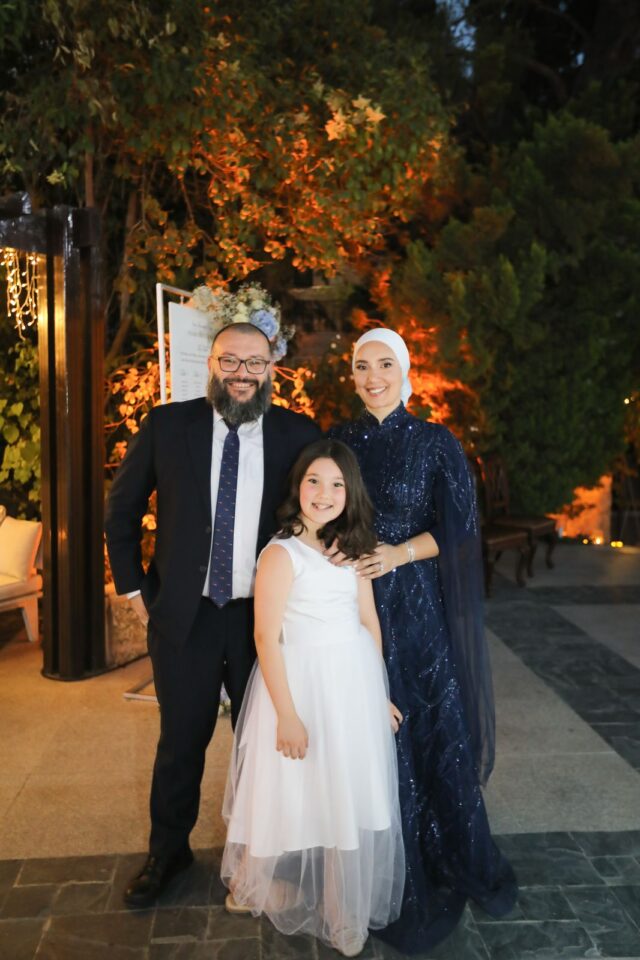 Being on stage, whether for theater or dance, has been a significant part of my life. We even traveled to represent our folklore internationally, sharing our culture with others. It’s something I value deeply, and I’m proud to see my daughters continuing this tradition—they dance as well. Performing and being on stage is more than a hobby; it’s part of who we are.
Being on stage, whether for theater or dance, has been a significant part of my life. We even traveled to represent our folklore internationally, sharing our culture with others. It’s something I value deeply, and I’m proud to see my daughters continuing this tradition—they dance as well. Performing and being on stage is more than a hobby; it’s part of who we are.
– Why didn’t you go the theater route?
I grew up watching my father immersed in his work, long shooting days, being away for a week or 10 days at a time, always with makeup, different costumes, a new beard, or a different hair color. It was fascinating to watch, but I couldn’t see myself pursuing that life. I gave it a try and did well. My voice was clear, and I was comfortable in front of an audience. However, I didn’t feel a passion for it. It’s something worth trying because, unless you try, you can’t confidently say, “This isn’t for me.” Otherwise, I might have wondered, “What if?” Now, I can say I tried it and realized it wasn’t my path.
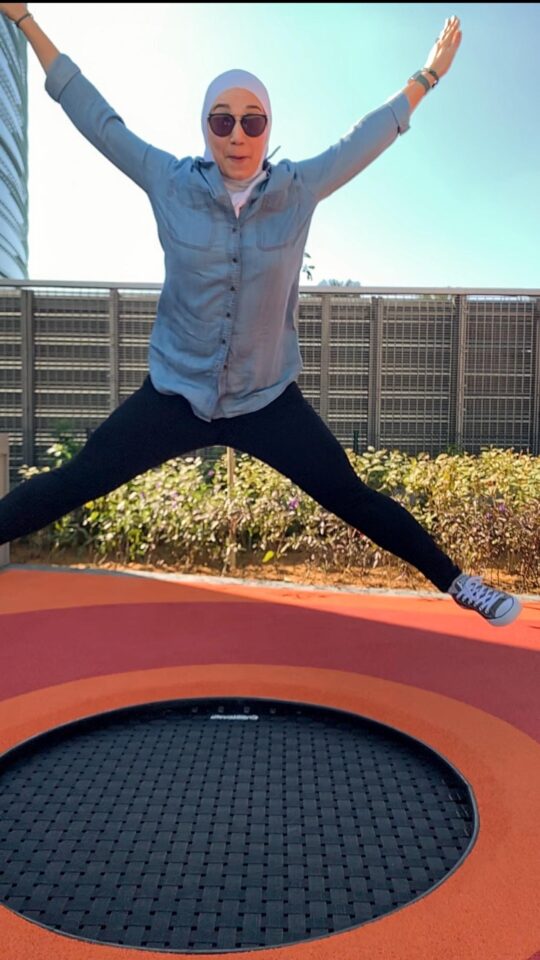 Dancing, on the other hand, was something I truly wanted to pursue. Learning our folklore dances was one of my biggest personal achievements. It’s not just about dancing—it’s about building lifelong connections. My friends from those days are still my closest friends, and now our children are friends too. We still dance together, and it’s been a beautiful part of my life.
Dancing, on the other hand, was something I truly wanted to pursue. Learning our folklore dances was one of my biggest personal achievements. It’s not just about dancing—it’s about building lifelong connections. My friends from those days are still my closest friends, and now our children are friends too. We still dance together, and it’s been a beautiful part of my life.
– How did the rigorous training and discipline of dancing shape your personal growth and confidence, both on and off the stage?
Dancing also taught me discipline and fitness. We practiced six hours a day, three times a week. I’d finish my college classes and head straight to practice from 4 PM to 10 PM. That level of commitment was essential because performing on stage requires stamina. You can’t look tired, out of breath, or sweaty during a three-hour show with 12 dances and multiple costume changes.
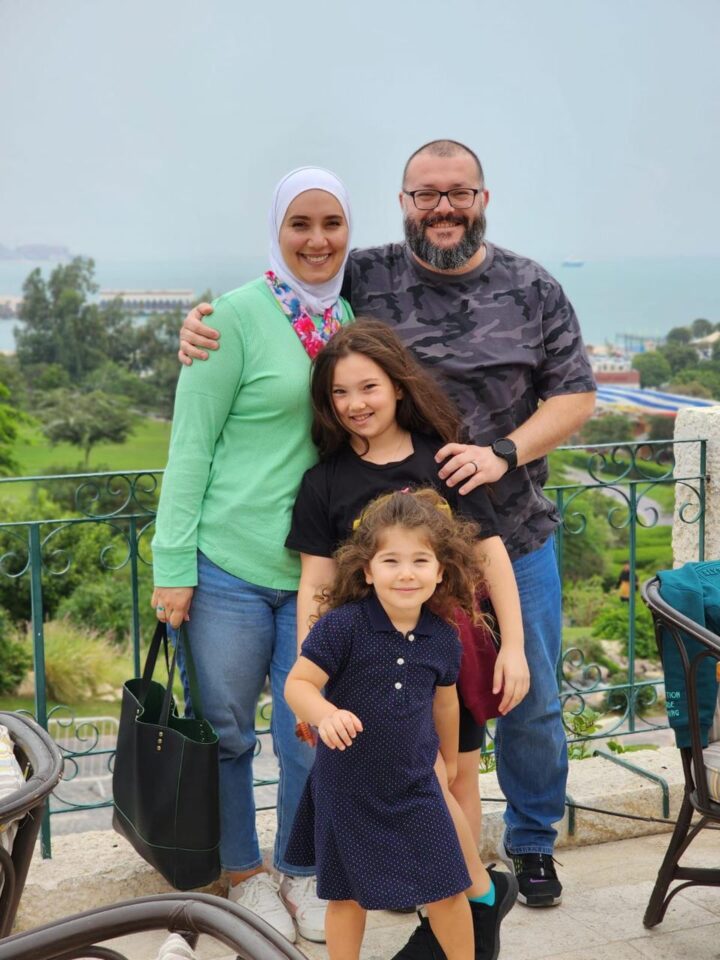 Through consistent practice, you become graceful and confident on stage. Dancing remains one of the best decisions I made for myself.
Through consistent practice, you become graceful and confident on stage. Dancing remains one of the best decisions I made for myself.
– When and how did you meet your husband?
In Jordan, we are a minority community with a strong, close-knit network. We have a centralized charity organization that brings all Circassians in Jordan together. Everyone is a member, and it plays a significant role in connecting our community. Through the charity organization, we have two main cultural and sports clubs: Al-Ahli and Al-Jeel. These clubs engage the youth with sports teams, cultural activities, and dance troupes. Everyone is involved in some way, making it a great environment to meet future spouses and make lifetime friendships.
– How did the cultural and community environment you grew up play a role in meeting your husband and building your relationship?
It’s a decent, conservative, and mixed space where people share the same culture and values. Most of our parents know each other, and it creates a safe and respectful atmosphere. This is where I met my husband. It was a natural and meaningful connection, built within our shared culture and community.
 – How did your first interaction with Ammar through the charity organization lead to the beginning of your connection, and how did your relationship develop from there?
– How did your first interaction with Ammar through the charity organization lead to the beginning of your connection, and how did your relationship develop from there?
One day, Ammar created a poster about the Circassian genocide for a celebration in our charity organization. It was beautifully designed and very moving. The poster was sent out via email to everyone subscribed to the Circassian newsletter. I was in grade eleven at the time, about 16 or 17 years old, and I didn’t know who Ammar was. His email wasn’t indicative of gender, so I had no idea if the creator was a man or a woman.
“Crew TV isn’t just a company; it’s a bridge connecting talent to opportunities in broadcasting.”
I sent a message saying, “Really nice work. This is so touching. Thank you so much for this.” Later, Ammar added me on MSN Messenger, and we started talking. We clicked right away. At that time, I was focused on school exams and eventually disconnected from the internet for about a year and a half to concentrate on my studies. After entering university, I met Ammar face-to-face for the first time through mutual friends. We had coffee, remembered each other, and reconnected.
– What was your reaction when Ammar expressed his desire to marry you early on, and how did your relationship progress to eventually lead to your engagement and marriage?
That day, Ammar told me he wanted to marry me. I laughed and said, “You don’t know me. I’m still in my junior year at university. I want to live my life, explore the world, and build a career first.” We decided to see where things would go, and our relationship grew over time.
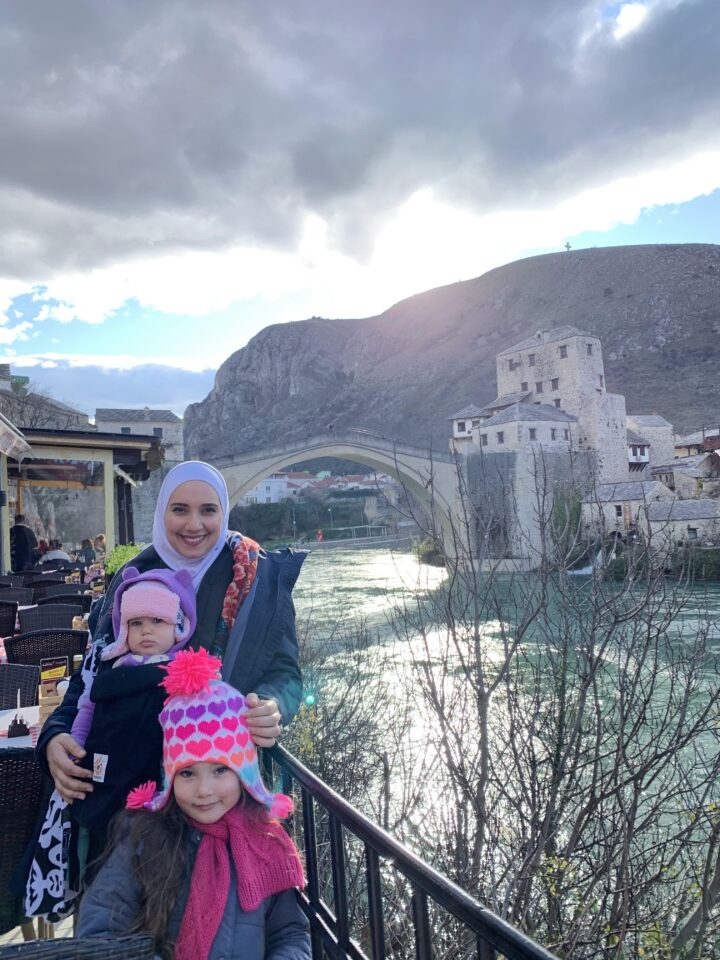 When I was about to graduate, Ammar told my father he wanted to get engaged. My father refused, saying, “If you don’t have your degree, you’re not getting married.” So, we got officially engaged four months before my graduation. A week after graduating, we had our wedding and started our life together. It’s truly a love story.
When I was about to graduate, Ammar told my father he wanted to get engaged. My father refused, saying, “If you don’t have your degree, you’re not getting married.” So, we got officially engaged four months before my graduation. A week after graduating, we had our wedding and started our life together. It’s truly a love story.
A Vision for the Future: Passing on the Legacy
Explore Eman’s dream of connecting her children to their heritage while building a thriving business that can serve as their legacy.
– Lastly, what is your dream?
Professionally, I dream of expanding Kroo TV to become the biggest in the region and passing it on to my daughter if she would like to.
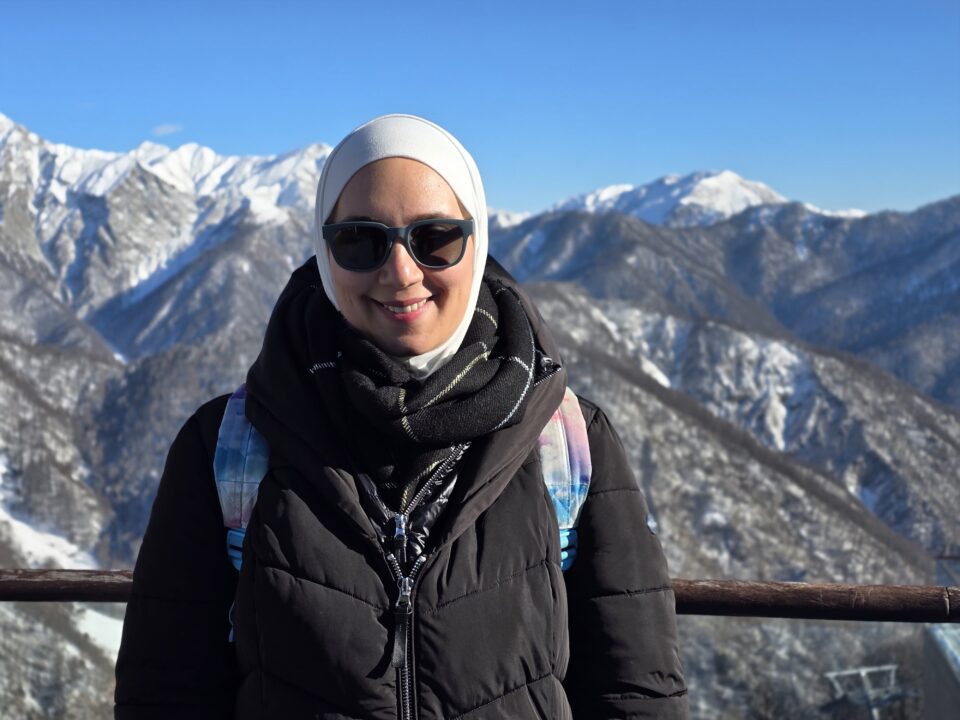 Personally, to be able to live in my homeland with my loved ones, and to be able to contribute to my homeland, to live simply, clean, and away from the busy city life.
Personally, to be able to live in my homeland with my loved ones, and to be able to contribute to my homeland, to live simply, clean, and away from the busy city life.
Don’t laugh, but my dream is to have my farm. I imagine myself with my cows and chickens, growing my plants, and being surrounded by my family.
Ammar and I have always shared the idea of connecting our children to their homeland. Even before they were born, we committed to this plan. Now, we take our kids to the homeland every year, teaching them its importance. In the end, your homeland is the one thing that remains yours. Hopefully, one day it will be easier for us to stay there for a long time, living the life we’ve always envisioned.
Ammar Hina: We have reached over 140 million viewers from around the world


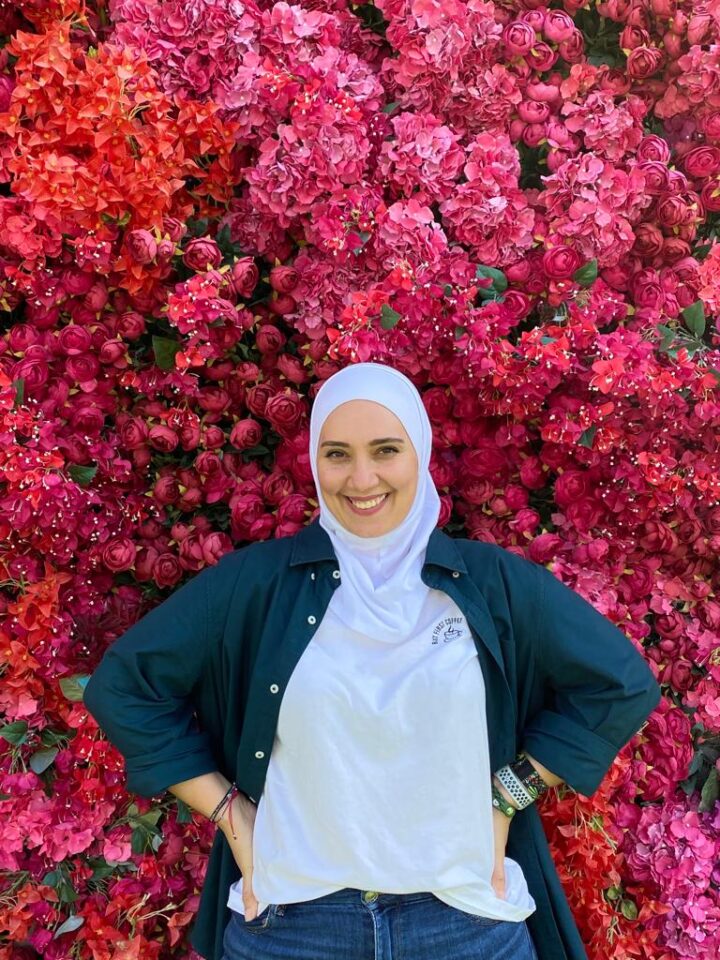 Successful Businesswoman, Loving Wife, and Caring Mother. The Interview with Eman Abaza, founder and CEO of
Successful Businesswoman, Loving Wife, and Caring Mother. The Interview with Eman Abaza, founder and CEO of 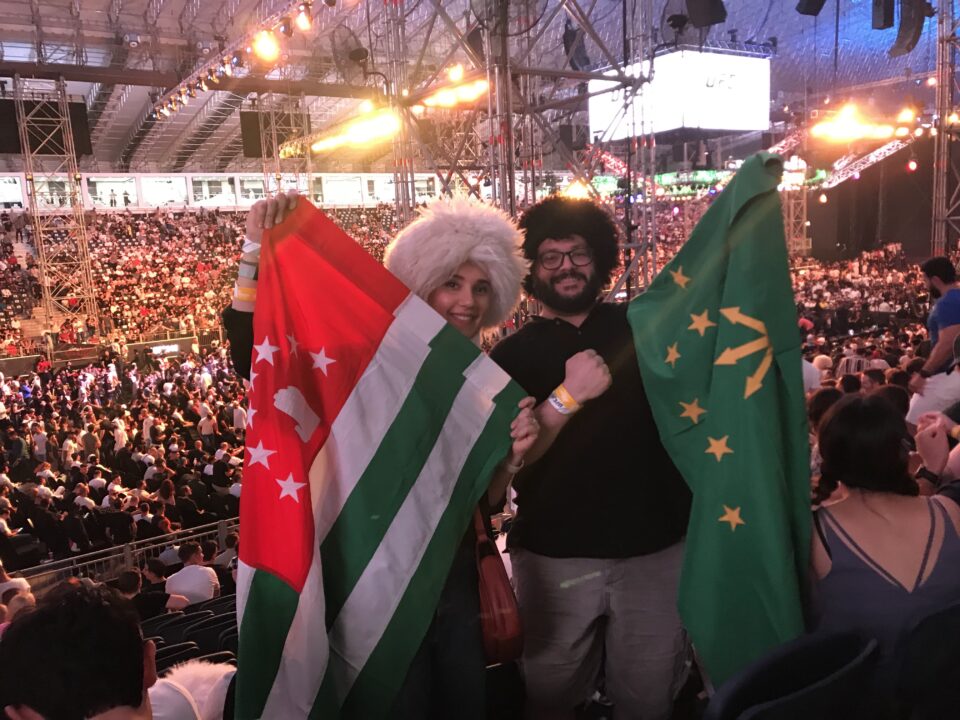 – Can you share a few words about your family from Abkhazia? When did they leave the Russian Empire or the Soviet Union?
– Can you share a few words about your family from Abkhazia? When did they leave the Russian Empire or the Soviet Union?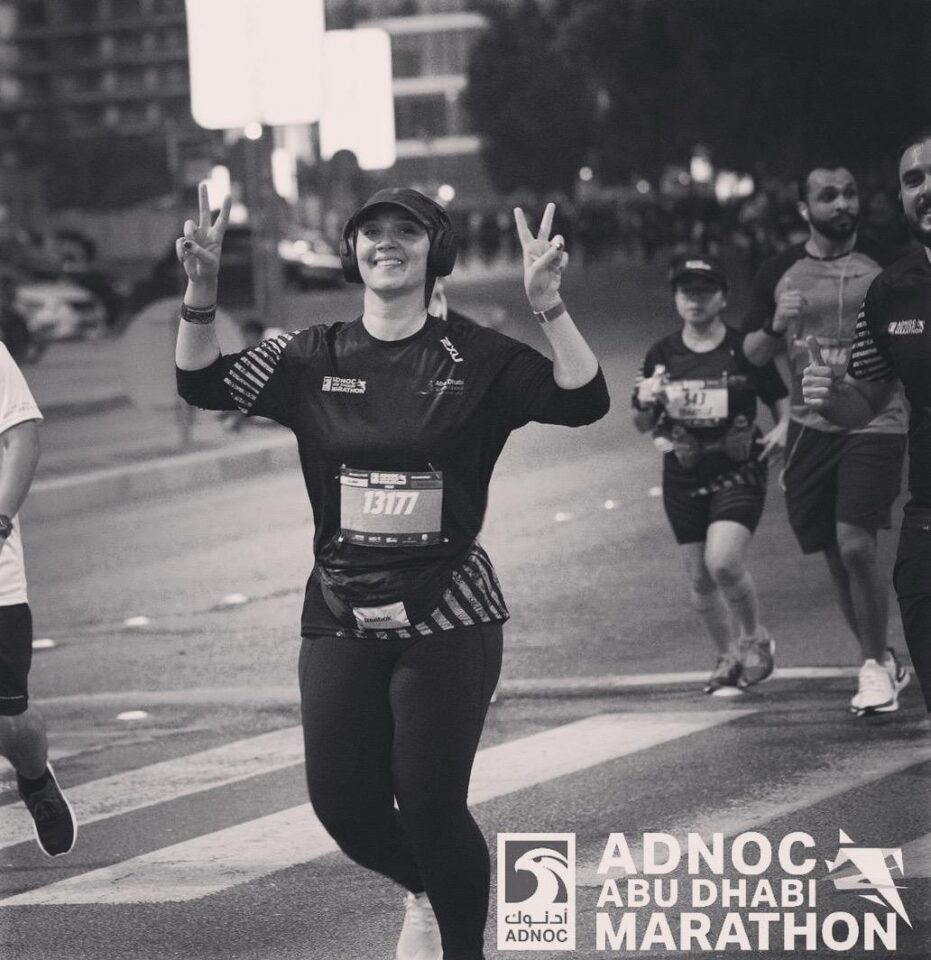 – You’ve mentioned your love for athletics—what kind of sports in particular?
– You’ve mentioned your love for athletics—what kind of sports in particular?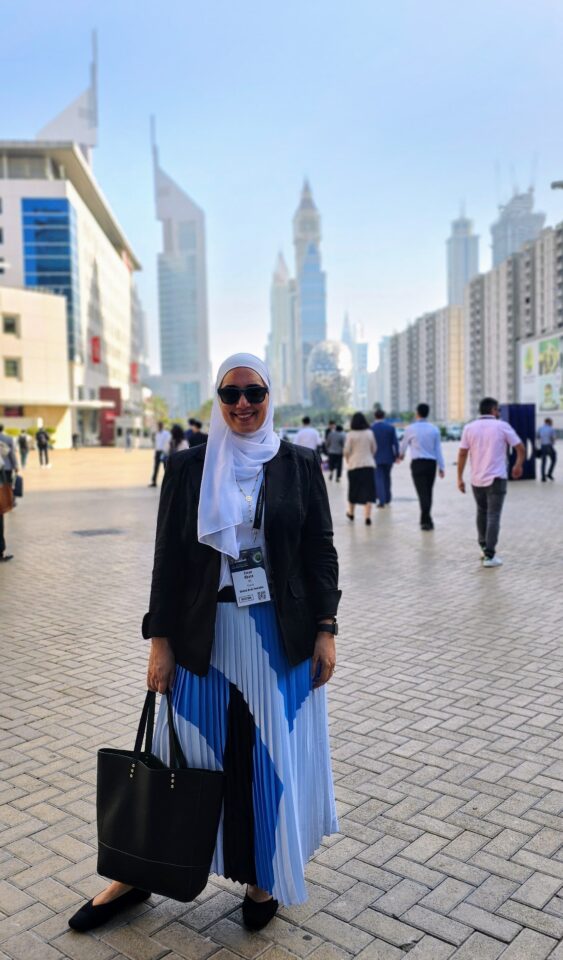
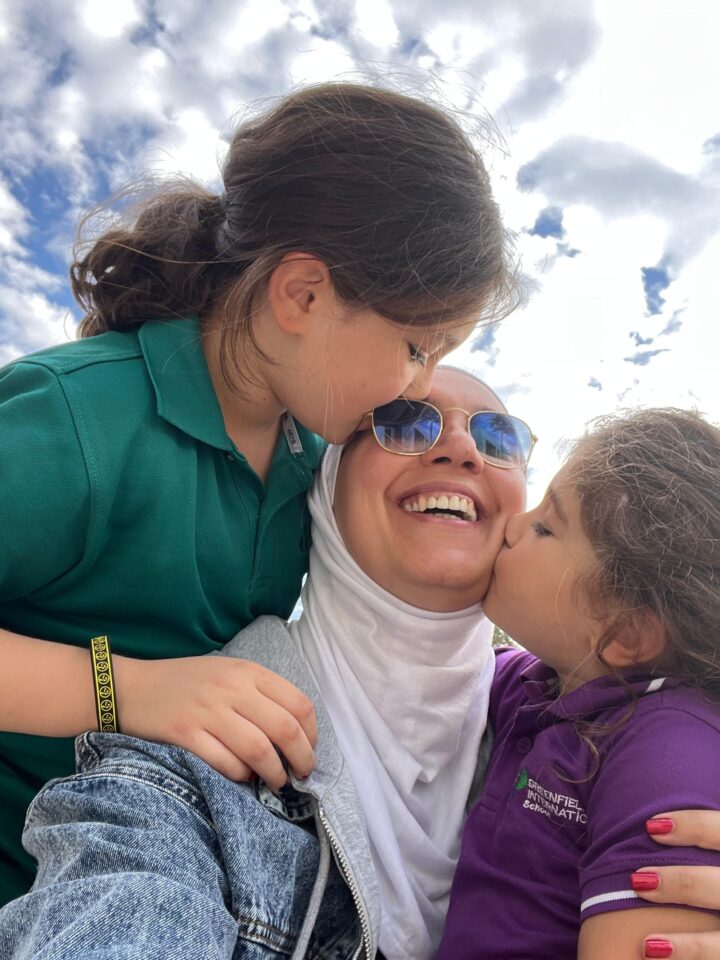 – I believe you have two little daughters. When were they born?
– I believe you have two little daughters. When were they born?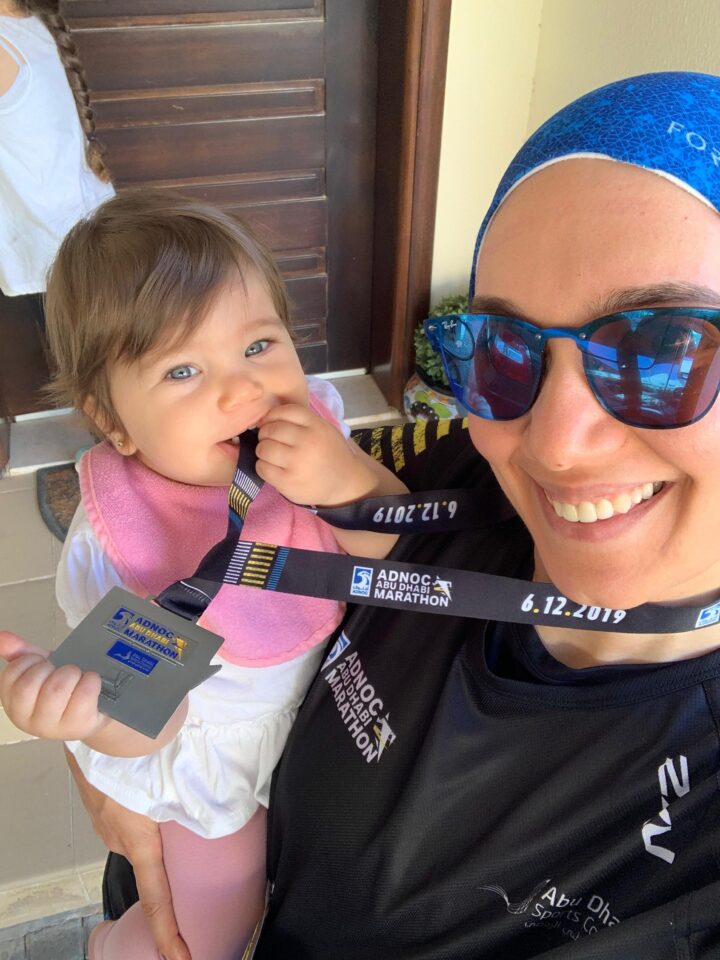 – I saw a picture of you winning a medal in a marathon. When was this?
– I saw a picture of you winning a medal in a marathon. When was this?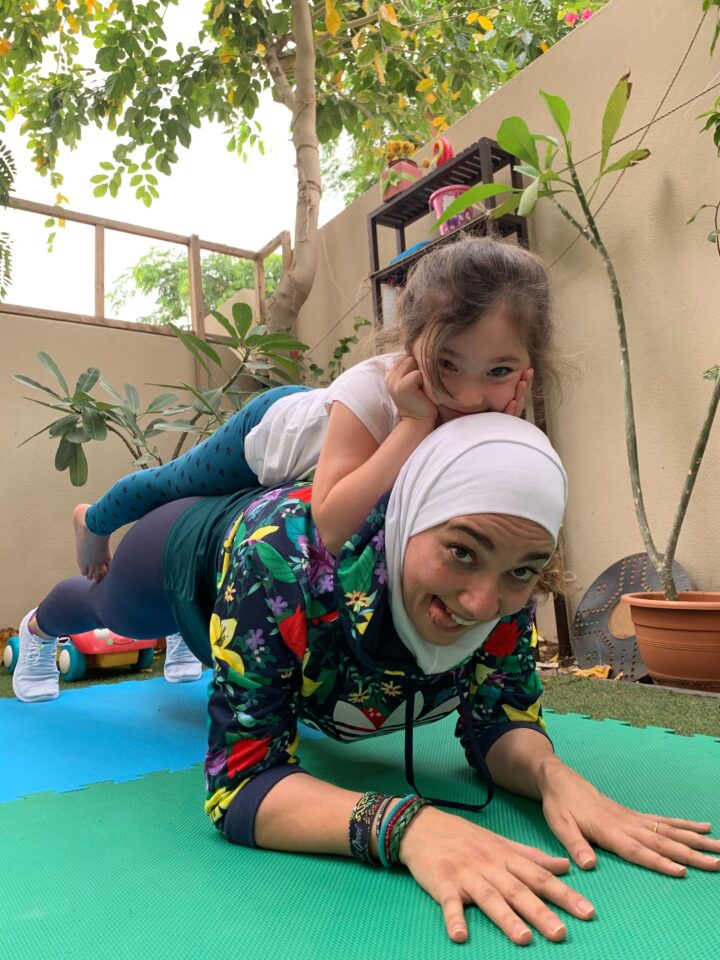 – What were your key responsibilities in your role, and how did the experience of the Abu Dhabi branch shutdown shape your perspective on your career journey?
– What were your key responsibilities in your role, and how did the experience of the Abu Dhabi branch shutdown shape your perspective on your career journey?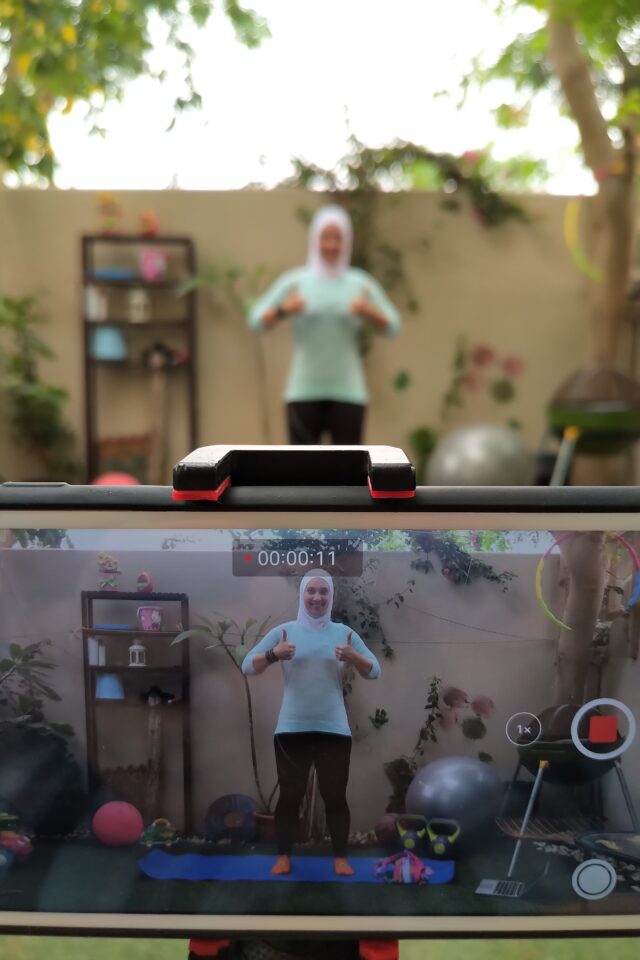
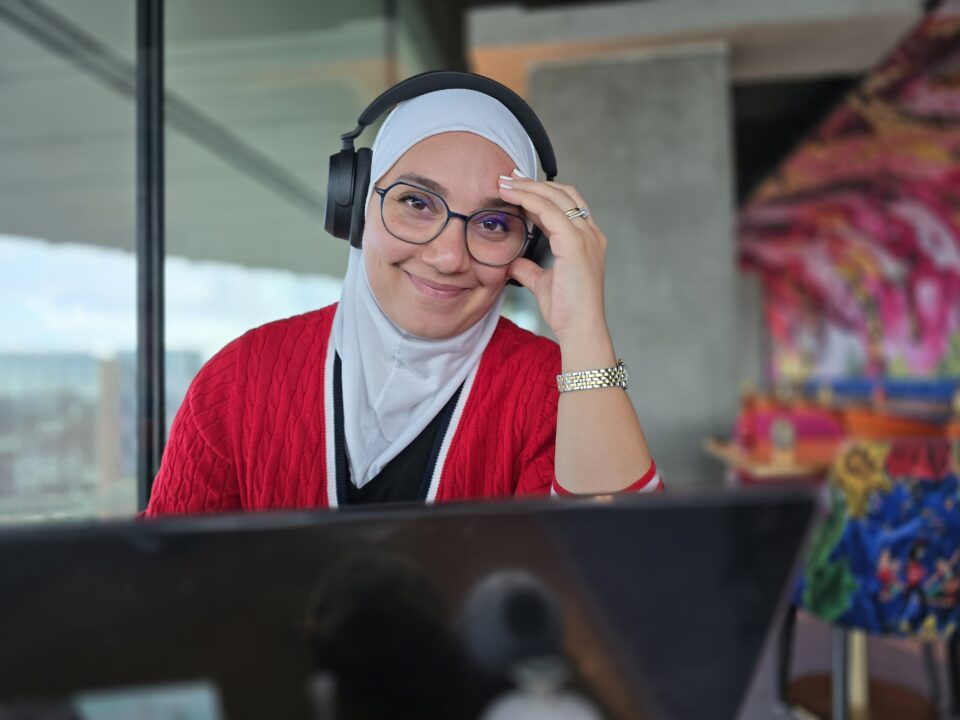 – What was your first project at this new company?
– What was your first project at this new company?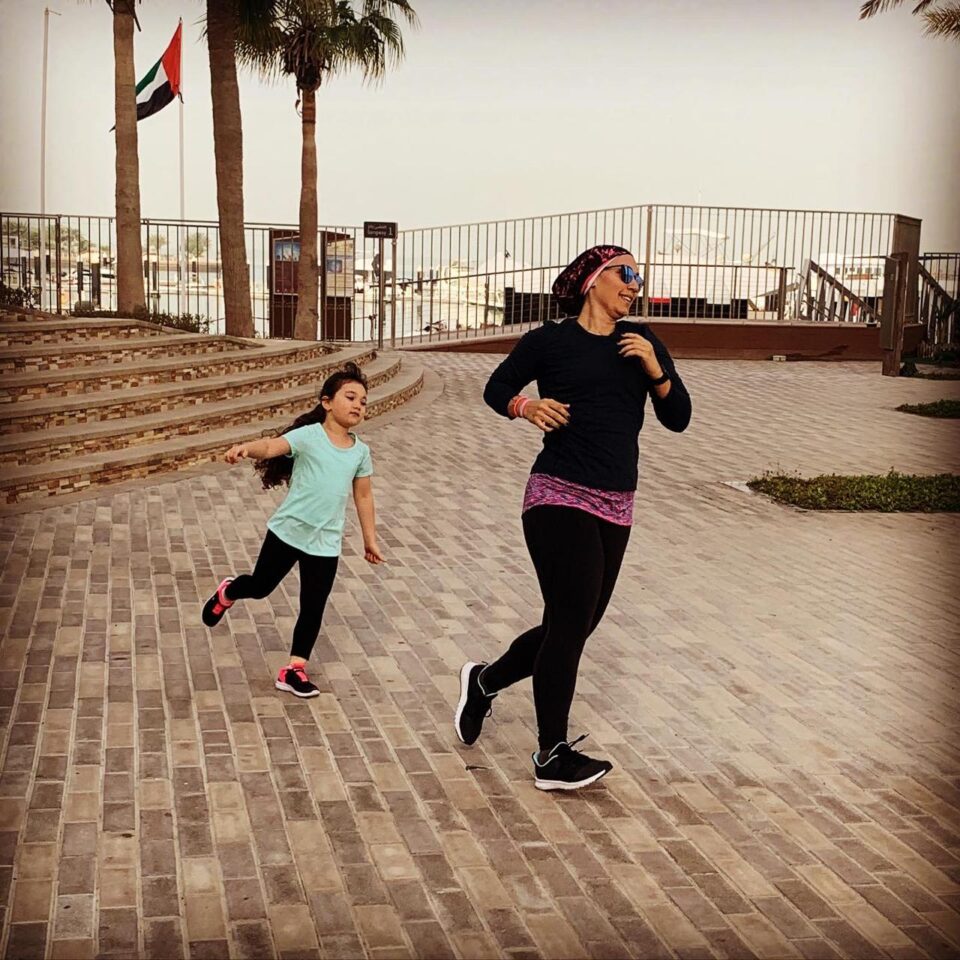 – How do you inspire your daughter to follow her passions, and how have your own experiences shaped your perspective on guiding her future?
– How do you inspire your daughter to follow her passions, and how have your own experiences shaped your perspective on guiding her future?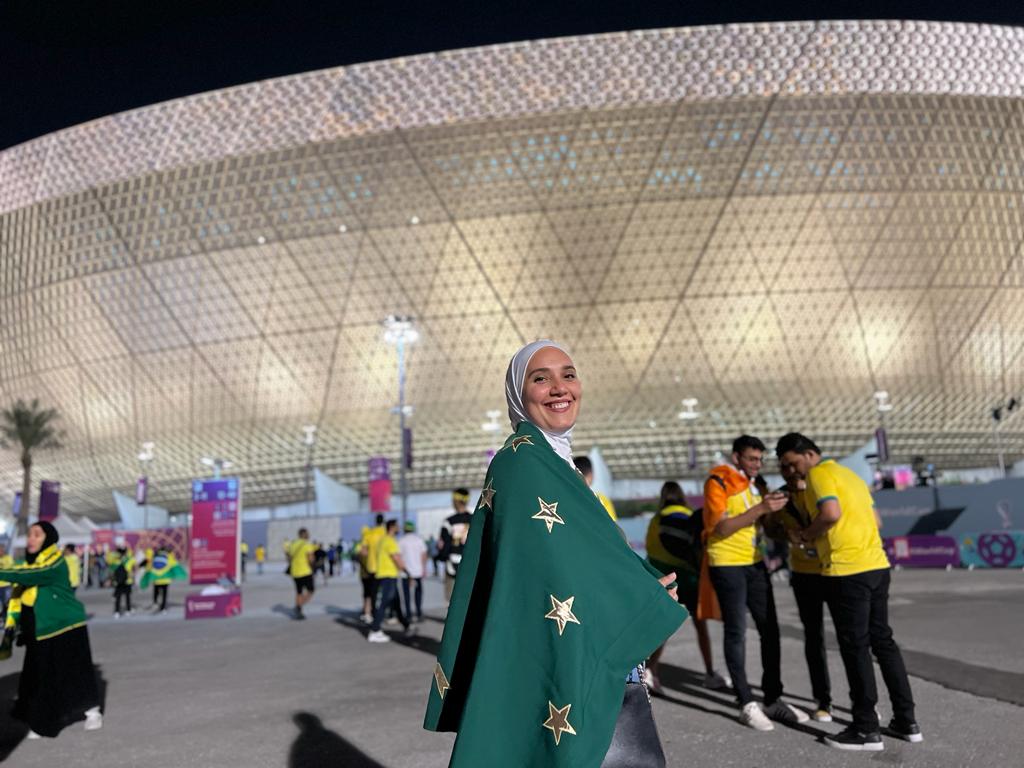 – What is your niche as a business owner?
– What is your niche as a business owner?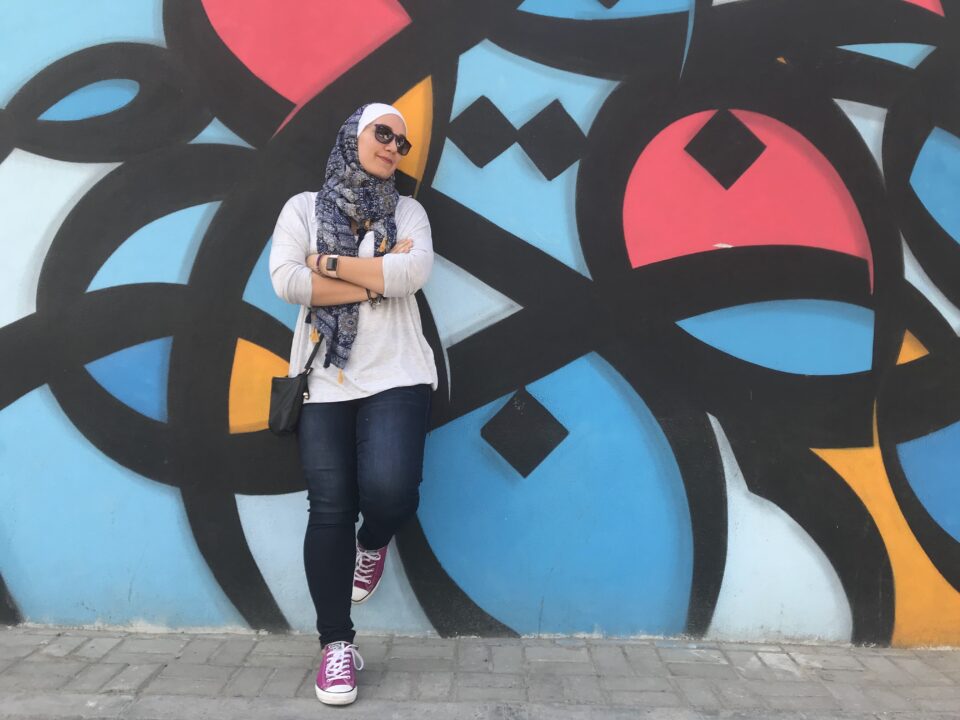 – When was your company founded?
– When was your company founded?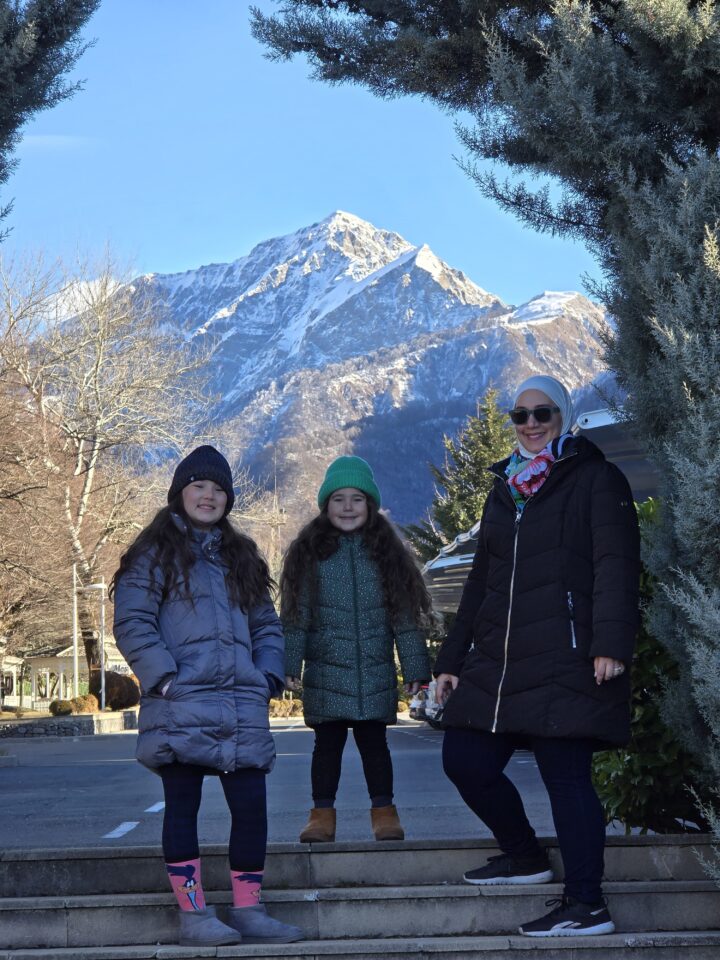 – What have been your main achievements since starting this company?
– What have been your main achievements since starting this company?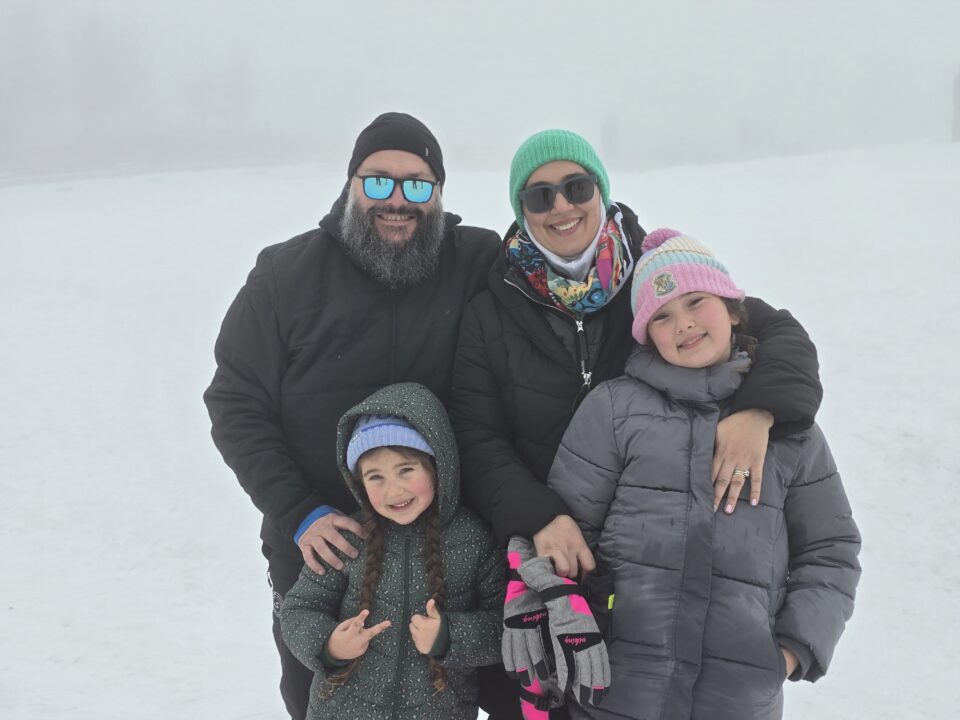 – What does it mean to you to have positioned Kroo TV as a trusted partner for major clients, and how has your commitment to attending industry events like IBC and CABSAT contributed to building your reputation and network?
– What does it mean to you to have positioned Kroo TV as a trusted partner for major clients, and how has your commitment to attending industry events like IBC and CABSAT contributed to building your reputation and network?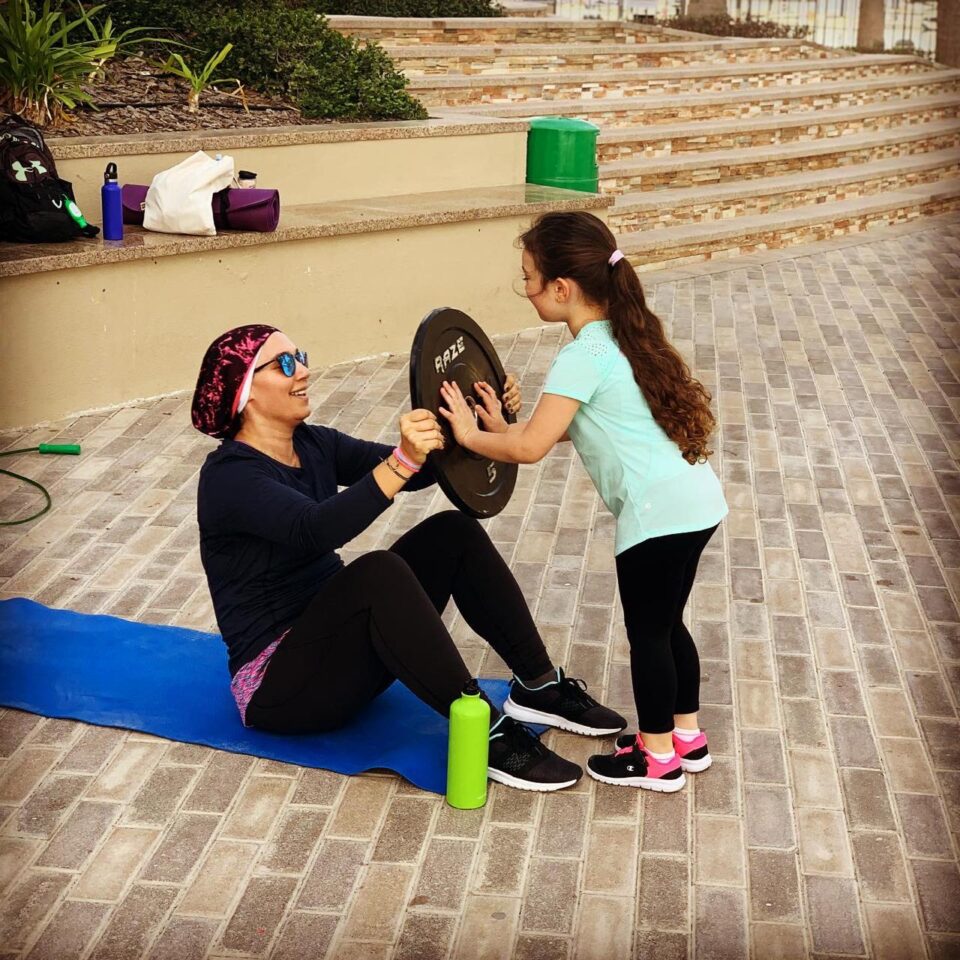 – What have been the key challenges and rewards of maintaining and growing your business, and how has being based in the UAE influenced your approach compared to the market dynamics in Jordan?
– What have been the key challenges and rewards of maintaining and growing your business, and how has being based in the UAE influenced your approach compared to the market dynamics in Jordan?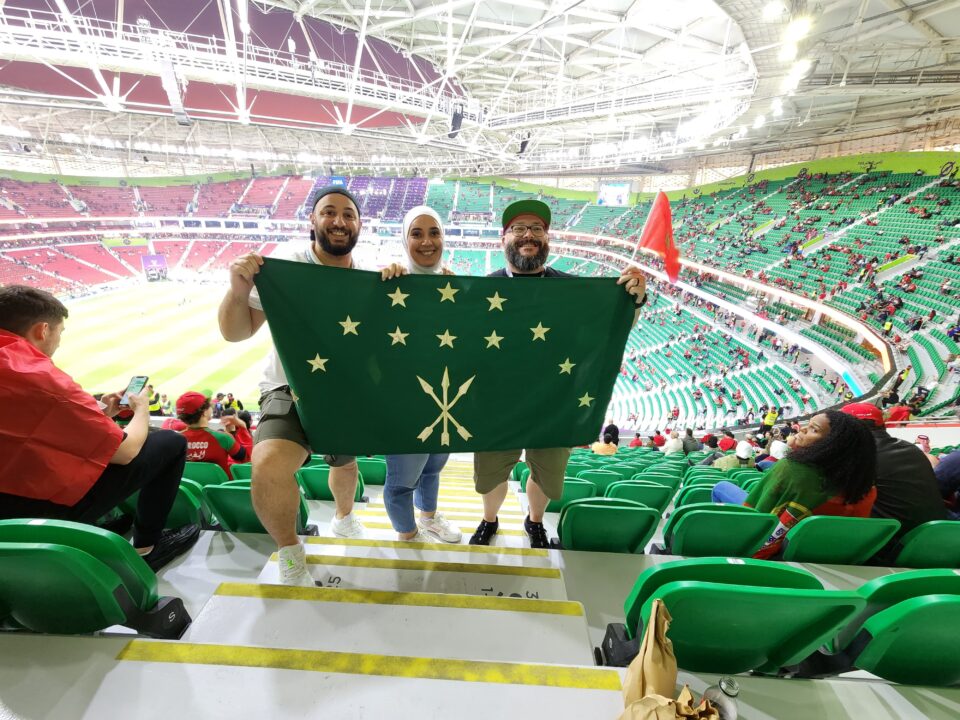 – How has your upbringing and your mother’s example shaped your perspective on gender roles and women’s contributions to both family and professional life?
– How has your upbringing and your mother’s example shaped your perspective on gender roles and women’s contributions to both family and professional life?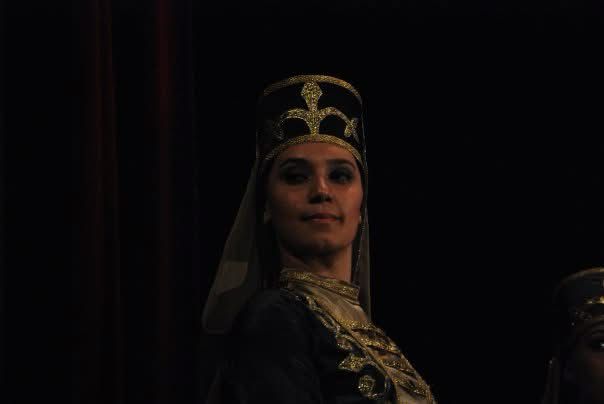 – One more question about your childhood: You mentioned your father is a famous figure in theater. Have you had any experience in theater yourself?
– One more question about your childhood: You mentioned your father is a famous figure in theater. Have you had any experience in theater yourself?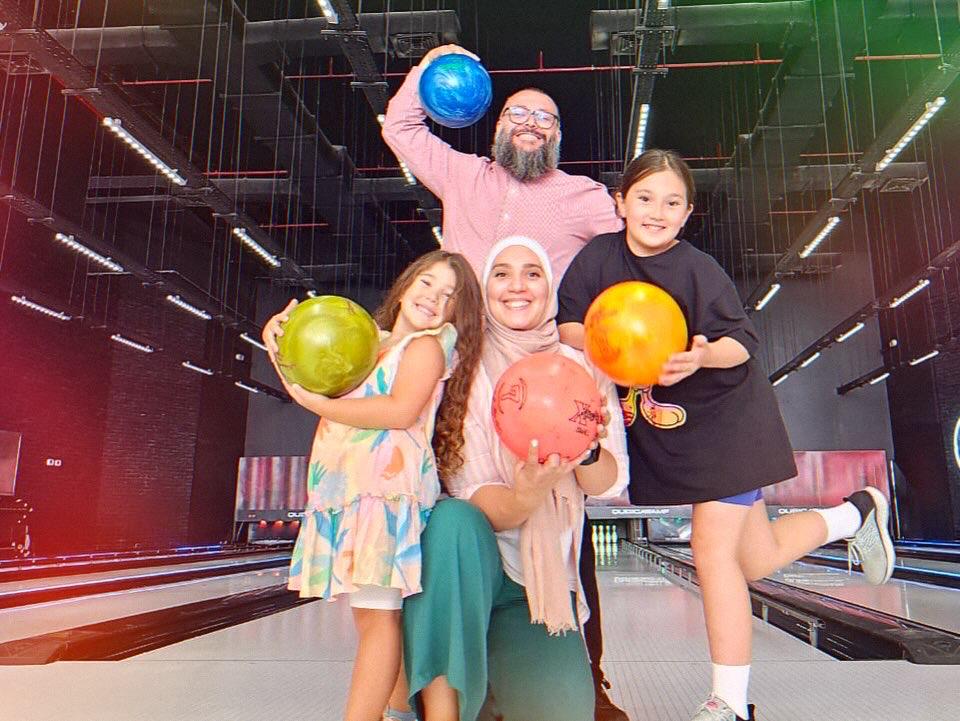 – How did your first interaction with Ammar through the charity organization lead to the beginning of your connection, and how did your relationship develop from there?
– How did your first interaction with Ammar through the charity organization lead to the beginning of your connection, and how did your relationship develop from there?






